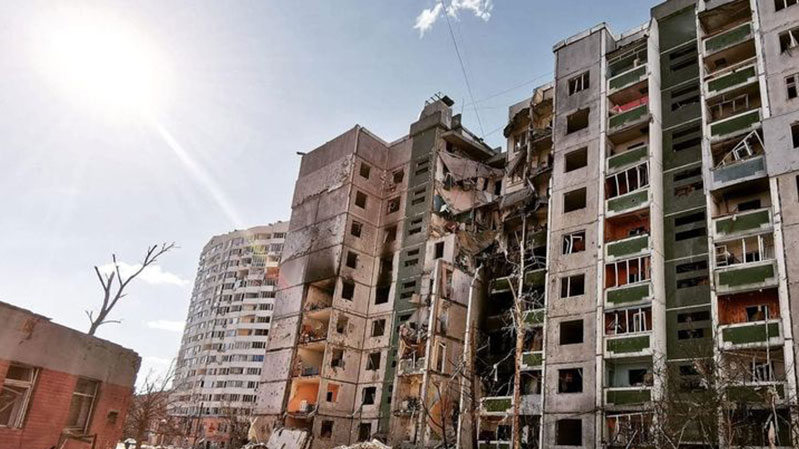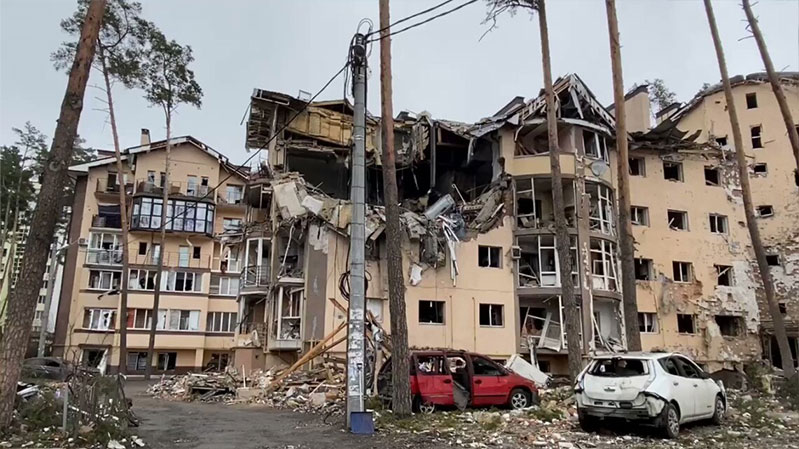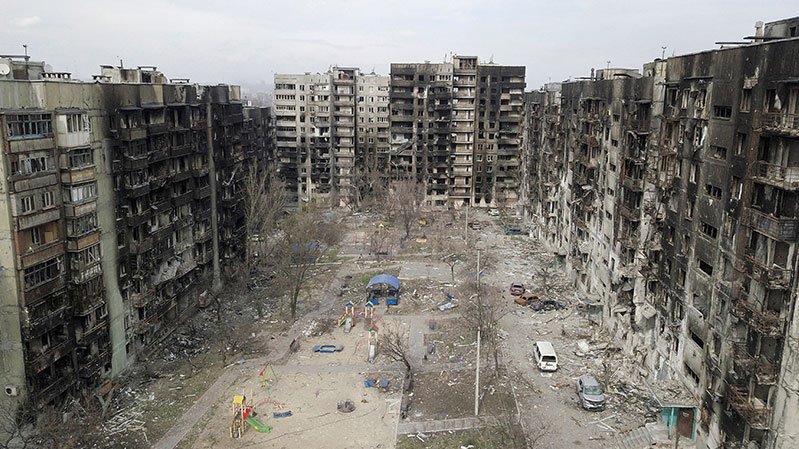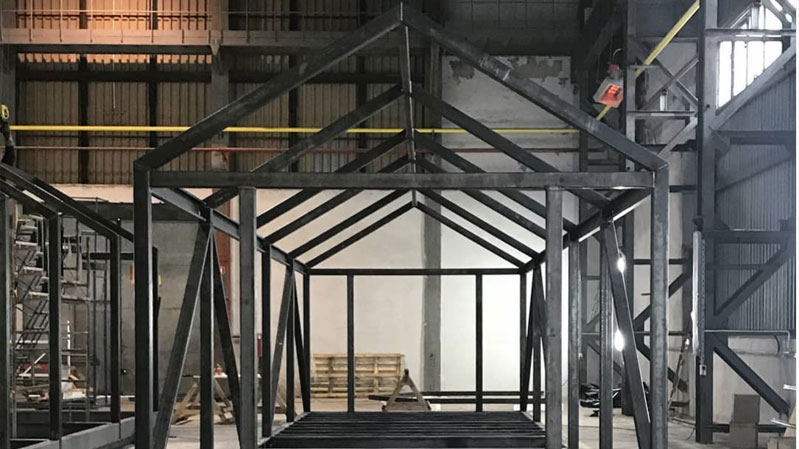Механізми відбудови зруйнованого житла в військовий час
Україна продовжує зазнавати страшних ударів по своїй території. Частину України окуповано. Зруйновано значну частину інфраструктури. Найстрашніше – продовжують гинути люди.
Держава обіцяє компенсацію за зруйноване житло. У березні до Верховної Ради було подано відповідний законопроект, 4 квітня його було прийнято за основу. На сьогодні, 7 червня, закон ще не ухвалено. Але, навіть у разі його прийняття, чекає довгий шлях визначення розмірів та механізмів компенсації за зруйноване житло внаслідок злочинних дій російської федерації.

Обсяг зруйнованого житла величезний, суми вимірюються десятками мільярдів доларів. Сьогодні таких грошей наша держава не має і не буде мати на період продовження військових дій. Інвестиційна привабливість таких проектів вкрай низька, внаслідок очевидних ризиків воєнного часу та відсутності механізмів компенсації за зруйноване житло.
Завдання визначення справедливої компенсації нетривіальне. Велика кількість зруйнованого житлового фонду, що була побудована ще в Радянському Союзі, була застарілою та неякісною вже в момент будівництва. На сьогодні таке житло не є прийнятним технічно та конструкційно, також не є енергоефективним. Зводити щось подібне – злочинно.

Вартість житла залежить від його розташування, у центрі міста житло завжди коштувало дорожче. Як визначити вартість житла у центрі Волновахи, Сєверодонецька, Харкова? У який період ми зможемо спостерігати розумне коригування вартості нерухомості без урахування небезпеки з боку ворога?
Важливо відзначити вплив інфраструктури на вартість житла. Лікарні, школи, дитячі садки, кафе та ресторани, торгові центри тощо. Не менш важливим є строки експлуатації житла – енергоефективність, довговічність, надійність конструкцій та комунікацій. Це теж впливає на його вартість і теоретично має впливати на розмір компенсації.
Ринкові механізми мають відіграти визначальну роль у будівництві нового, сучасного житла в Україні замість зруйнованого. Необхідний пошук балансу між соціальною складовою та комерційною ефективністю, рентабельністю проекту. Всі проекти зі зведення житла мають бути комерційно ефективними на тривалу перспективу, інакше можливе зведення неякісного, дешевого тимчасового житла, цінність якого буде з часом сильно зменшуватися, і це буде безвідповідальним витрачанням дефіцитного ресурсу.

На прикладі десятків проектів необхідно вивчити та розробити механізми компенсації, які враховуватимуть весь комплекс питань. Потрібно зробити проекти забудови комерційно ефективними та окупними. З мінімальним сприянням держави (наприклад, державні гарантії) забудовники та девелопери зможуть шукати та залучати фінансовий ресурс, неприбуткові організації біженців та переселенців, зможуть організовувати додаткове фінансування таких проектів за рахунок грантів та благодійної допомоги.
Декілька успішно реалізованих проектів зможуть стати прикладом комплексних рішень. Закласти основу для регуляторної бази для будівництва оновленої України. Забезпечити наявність необхідного статистичного матеріалу, вивчити реальні потреби людей та досягти розумного компромісу між бажаним та реалізованим. Розробити системи складного комплексного фінансування проектів будівництва з урахуванням можливості кредитування як майбутніх власників житла, так і забудовників та девелоперів, з урахуванням можливостей компенсаторного механізму.
Ті, хто намагається проводити цю роботу вже зараз, варті державної та ініціативної підтримки.
досвід інновацій
10 років досвіду у модульному будівництві
традиційна інноваційність виробництва




